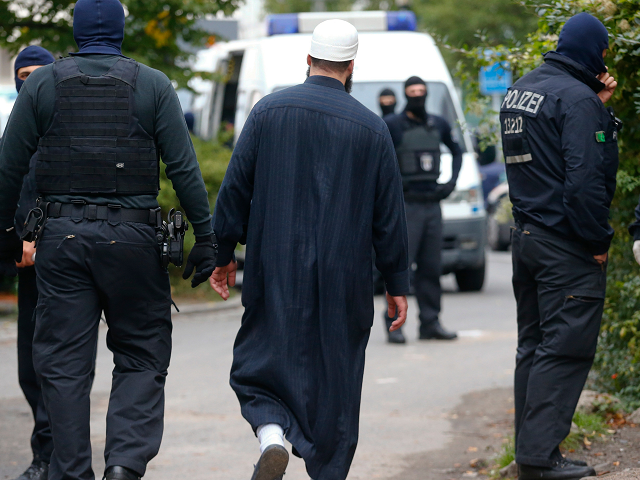A German politician has proposed a tax on Muslims to counter the effects of the foreign financing of mosques and Imams from overseas.
Mainstream Christian Social Union (CSU) member of parliament Alexander Radwan proposed the tax measure after his party colleague, and CSU General Secretary, Andreas Scheuer spoke of the need for an “Islam Law.” The Islam law would be a way for the German state to allow German Muslims to finance their own mosques rather than rely on funding from Turkey or Saudi Arabia.
Scheuer said, “We need an Islam-law. The financing of mosques or Islamic kindergartens from abroad, eg. from Turkey or Saudi Arabia should be terminated. All imams need to be trained in Germany and share our core values,” in an interview last week reports N-TV.
Radwan has taken this proposal and come up with a way for Muslims in Germany to finance their mosques. He proposes what is called a church tax. The concept of so called church-taxed were originally created in Germany in 1919 by the Weimar republic, to continue funding of religious institutions in post-Monarchy Germany.
The general idea is that Churches are able to directly tax around 1.1 percent of the income of their members to help fund everything from churches to the costs of priests and upkeep of ancient art and relics in the possession of the church. Many in Germany oppose the church tax and it led to some 218,000 parishioners leaving the Catholic church in Germany in 2014.
In an interview with German media Radwan said that if the German state was serious about ending foreign funding for mosques it must find a, “course that will allow adequate funding of Islamic life in Germany.” He praised the Austrian government who have already banned the foreign funding of mosques and warned of the dangers of radical preachers from overseas.
He said that many “Imams funded from abroad in Germany preach against our fundamental values.”
The Egyptian-born politician told media that the prerequisite for controlling the messages of preachers at the mosques in Germany was controlling the funding of them. Critics argue that there may be an issue of credibility because state-funded German churches practice giving money to other churches overseas, especially in places where Christians are persecuted in the Middle East by groups like the Islamic State.
Radwan shot back at criticisms, saying that the main sources of funding of mosques in Germany were Turkey and Saudi Arabia. He said that in Saudi Arabia in particular being a Christian is difficult and the government there has “hindered or prevented” Christians in public life.
It is illegal in the Kingdom of Saudi Arabia for a Christian to proselytize or even publicly advertise the existence of a church.

COMMENTS
Please let us know if you're having issues with commenting.